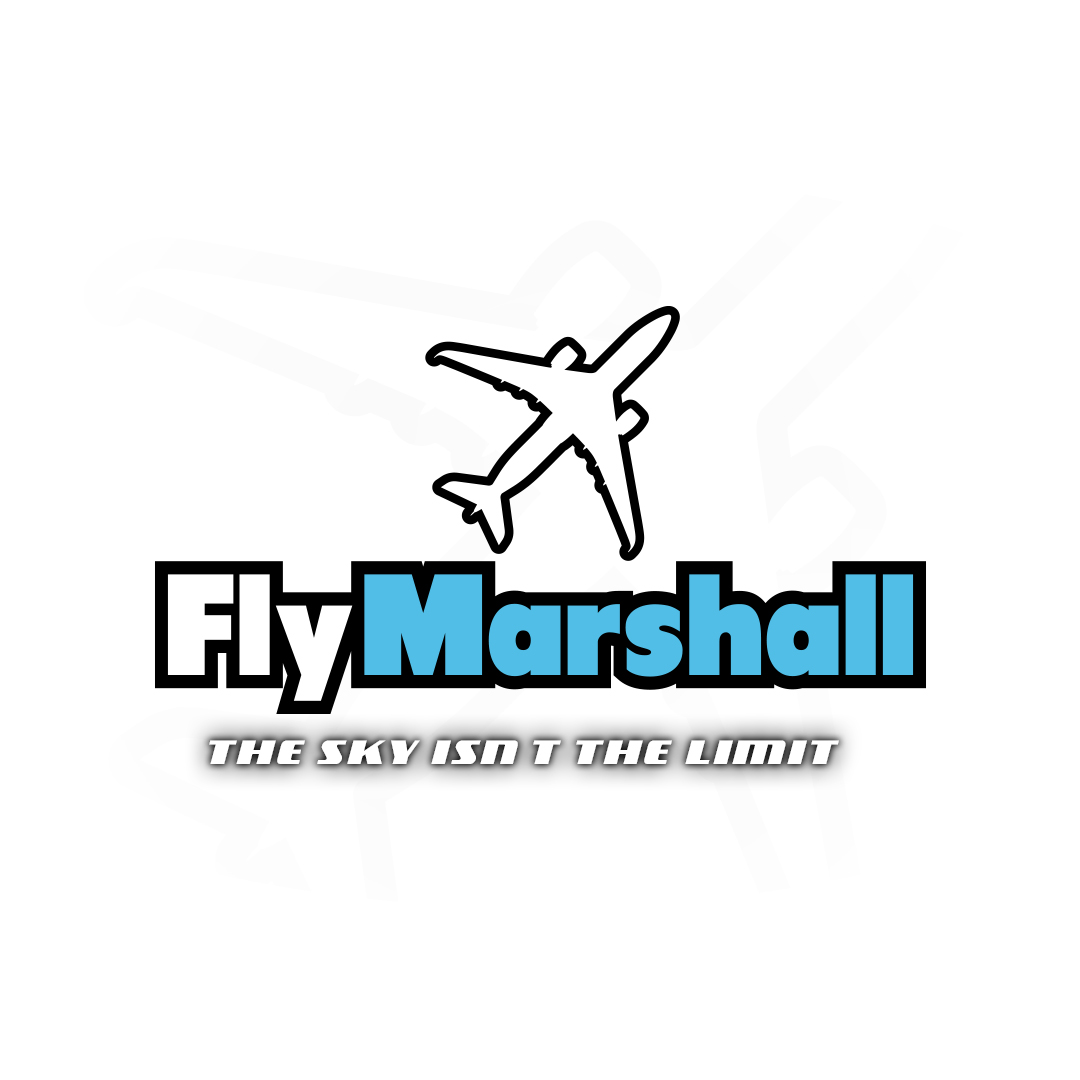In a class-action lawsuit that dates back to 2020, Spirit AeroSystems has reached a settlement of nearly $30 million to resolve a legal dispute with investors who purchased stock in the company between 2020 and 2023.
- Stock Code
-
SPR
- Date Founded
-
January 1, 2005
- CEO
-
Tom Gentile
- Headquarters Location
-
Witchita, United States
- Business Type
-
Fuselage Maker
Spirit has produced more than 10,000 ship sets for the Boeing 737 aircraft family to date. It makes the engine nacelle, wing leading edges, pylon, fuselage, and thrust reverser. Spirit’s facilities produce roughly 70% of the 737’s total parts and assemblies.
Settling Allegations Of Fraud
The move to settle comes in the final stages of Boeing and Spirit’s merger, which has recently cleared regulatory scrutiny in the United Kingdom and is expected to do so with the European Union by the end of this month. The United States government and the Federal Aviation Administration are not anticipated to do so until early 2026.
Following the explosive ejection of a door plug during an Alaska Airlines flight in 2024, Spirit was acquired in an all-stock deal valued at almost $5 billion. Spirit’s assembly line was held accountable for the malfunctioning door plug, further damaging the reputation of the 737 MAX family’s reputation in terms of quality and safety.
The two deadly crashes in 2019 and later production problems with the 737 MAX have brought intense scrutiny on Boeing in the last few years. The blowout reinforced calls for tighter supply chain management to avoid quality failures. According to a report by KAKE News, the settlement does not constitute a legal admission of fraud, but rather an agreement “solely to eliminate the burden and expense of continued litigation.”
Tragedy Prompts Corporate Unification
Spirit’s merger with ![]() Boeing is a result of quality assurance improvements following the fatal mishaps involving its 737 MAX aircraft flown by Lion Air Flight 610 in October 2018 and Ethiopian Airlines Flight 302 in March 2019. 346 people died as a result of those two crashes, and a 20-month grounding (the longest in history) and investigation found that, during the initial certification process for the MAX aircraft, Boeing misled the FAA.
Boeing is a result of quality assurance improvements following the fatal mishaps involving its 737 MAX aircraft flown by Lion Air Flight 610 in October 2018 and Ethiopian Airlines Flight 302 in March 2019. 346 people died as a result of those two crashes, and a 20-month grounding (the longest in history) and investigation found that, during the initial certification process for the MAX aircraft, Boeing misled the FAA.
Although Boeing acknowledged that it had deceived the FAA by hiding safety issues with the 737 MAX initially, it blamed two test pilots for misleading authorities. A jury later cleared the lone pilot who was charged. The company retracted its guilty plea and sought a non-prosecution deal. The negotiated terms stated that Boeing would contribute an additional $444.5 million to a crash victim fund, on top of the $500 million already paid.
Boeing agreed to pay $2.5 billion, including $1.7 billion in compensation to airlines that could not use the planes during the 20-month ground period after the second crash. The company also previously agreed to pay the families and a separate $243 million fine. The clearance of legal hurdles still faced by Spirit may or may not be a process of the merger, but it would likely be desired by Spirit’s new parent company to minimize baggage inherited after the deal.
A House Reunited
In 2005, Spirit was initially split off from Boeing as part of a reorganization plan to streamline the company’s core business. All of these factors are irrelevant to the EU, which is concerned about the merger’s commercial competitive implications. If the EU finds that there will be no anti-competitive behavior affecting Airbus’ operations, it will be approved.
The same was true of the UK approval process, and the US process will follow suit. It is unclear if the settlement for investors is directly related to the ongoing review process. The next step in merger approval is expected to be decided within the next two weeks as the EU is expected to announce its review findings by the end of the month.
Boeing’s merger with Spirit Aerosystems is almost complete, but there are still things that need to be finalized, such as final approval from the EU regulatory bodies. As the world’s largest independent manufacturer of aerostructures, Spirit was a vital supplier to both Boeing and Airbus prior to the merger.





